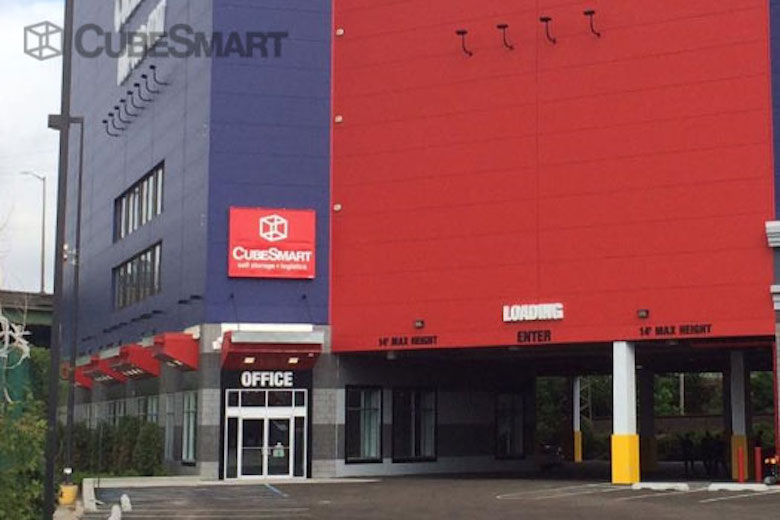CubeSmart CEO Chris Marr said he isn’t concerned about new self-storage development affecting the company’s performance anytime soon, during the Malvern, PA-based REITs most recent earnings conference call.
In the company’s top seven markets, CubeSmart has seen the number of new facilities double each year over the last three years.
In 2014, Marr said 21 new facilities were completed in those markets. In 2015, 50 new facilities were completed, and at this point in 2016 those same markets have 95 facilities under construction. Only about 30 percent of those new locations compete directly with CubeSmart, Marr said.
Marr said the increases in new projects are a“very slight uptick in supply.”
“We don’t see that having any impact on our 2016 performance,” Marr said. “As we look out into 2017, knowing that some of these stores will lag, some of these stores won’t get completed on time–to us it remains a very manageable level of supply,”
Strong performance
Revenue climbed at CubeSmart in 2015 by 18 percent over the previous year, with a total of $444.5 million earned. Net income soared to $78.75 million, compared to $26.7 million in 2014. The REIT commanded a 92.3 percent average occupancy rate last year and realized rents grew more than 5 percent to reach $14.76 per square foot.
Marr said any impacts from new supply wouldn’t be felt until 2017 or 2018 and would be “modest at best.”
Meanwhile, CubeSmart is busy developing its own pipeline of new supply. During 2015, the company opened four newly developed facilities, which together cost $65.1 million.
The company currently has contracts to buy four facilities from developers upon completion for a total of $52.5 million and has four development projects ongoing with joint venture partners.
NY state of mind
Much of the company’s recent and future focus has been on developing new supply in New York City. The company opened two joint venture properties in Brooklyn and Queens during the fourth quarter of last year.
“We believe that in the boroughs, you have the best storage market in the United States,” Marr said.
So far this year CubeSmart has bought one facility from developer Storage Deluxe upon completion–a 139,000-square-foot facility in Brooklyn, NY for $48.5 million. It also opened a $32.1 million property it developed in Queens. Two of its ongoing joint venture projects under development are also located in New York.
Higher barriers
Marr said that New York mayor Bill deBlasio’s plan to limit by-right self-storage development in certain industrial areas will make further development in New York “extraordinarily challenging.”
“It will make what is already a very difficult process, significantly more difficult,” Marr said.
But that isn’t necessarily bad news for CubeSmart, as it creates an even higher barrier to entry for potential competitors.
“Our position there just becomes that much more valuable,” Marr said, “From our perspective, we are very interested in owning as many of those [developable] sites as we can.”
In some cases that means opening a new store in proximity to an existing CubeSmart location, which puts near term pressure on the performance of the existing assets, Marr said.
“In the long run we obviously believe that it is a fantastic place for us to invest, and I think we have a real competitive advantage there.” Marr said.
Acquisition machine
The company continues to invest in the acquisition of existing self-storage properties, accelerating activity during the last three months of 2015. The company purchased 13 facilities in 8 states for $124.2 million during the fourth quarter. For the full year, the company purchased 29 facilities for $292.4 million. So far in 2016, CubeSmart purchased four facilities for $57.4 million.
In addition to its primary acquisition activity, CubeSmart obtained a 10 percent stake in a joint venture that acquired 37 facilities from Storage Pros Management in December. Six of the properties are still under contract. The facilities will be managed by CubeSmart.
“At some point in the future, when our partner seeks liquidity and the venture looks to sell assets, we are in a great position to buy those assets that fit our core investment strategy,” Marr said.









